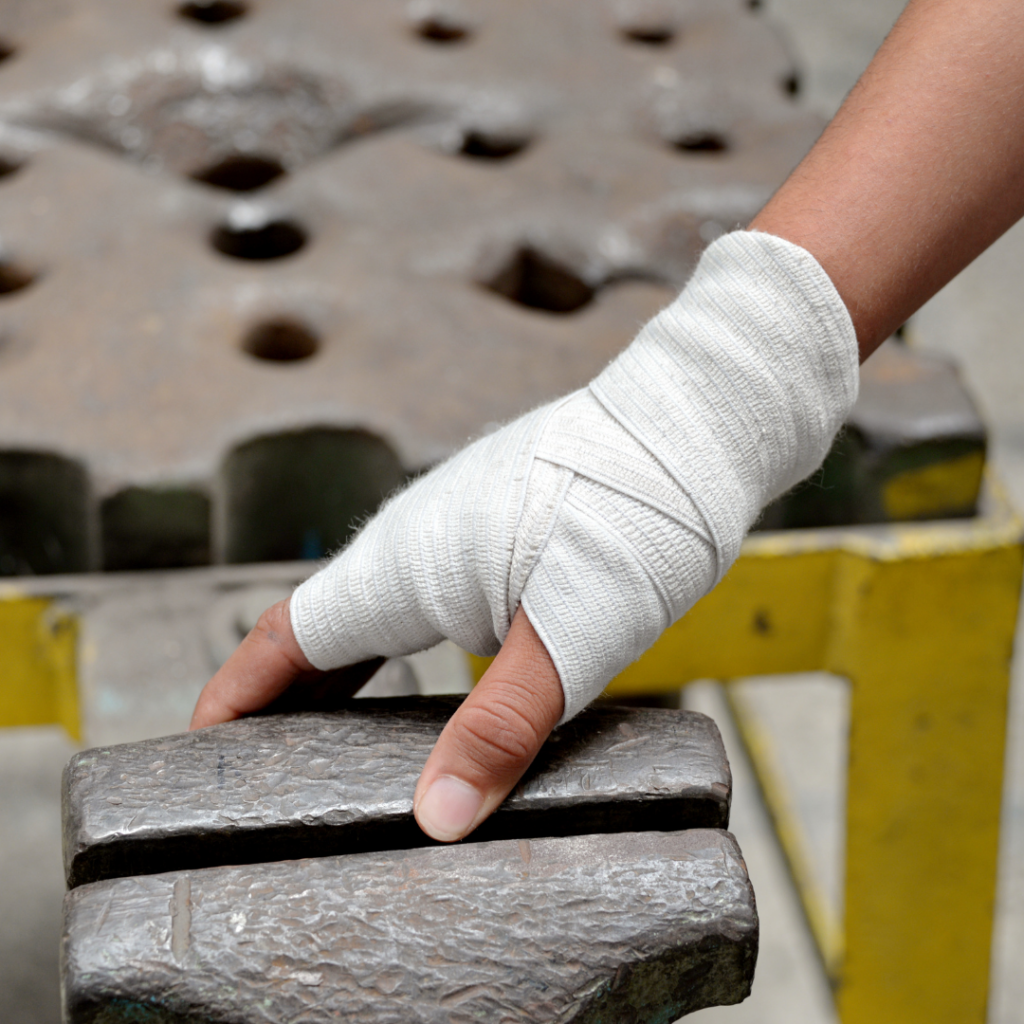The sudden and heartbreaking loss of Esther Flynn, who died following the prescription of the wrong dosage of blood-thinning medication, has thrust the issues of medical negligence and patient safety back into the public eye. Her family’s determined plea for an inquest, even after settling a High Court action against the HSE, serves as a powerful call for truth and accountability in Irish healthcare.
This in-depth post explores the circumstances surrounding Esther Flynn’s death, the significance of the family’s request for a coroner’s inquest, the legal and emotional aftermath, and what you can do if you suspect medical negligence may have affected your loved one.
The Tragic Circumstances of Esther Flynn’s Hospital Death
On 29 April 2022, Esther Flynn was admitted to University Hospital Waterford after suffering a seizure and facial droop. With initial brain scans showing nothing remarkable, further investigations uncovered her underlying lymphoma. She was discharged but soon re-admitted due to declining health. Crucially, on 22 May 2022, clinicians noted she had not been started on anticoagulant medication, even though her immobilised state and history of deep vein thrombosis marked her as high risk for potentially fatal blood clots.
The medical decision was made to prescribe blood-thinning medication. However, what happened next was a series of fatal miscalculations. Allegedly, Esther’s dosage was based on an estimated rather than actual weight, resulting in an overdose. Just two days later, Esther suffered a catastrophic brain haemorrhage. She died on 26 May 2022.
Joe Flynn, Esther’s husband, initiated a High Court case against the HSE, underscoring the deep pain and uncertainty left in the wake of such a preventable loss.
A Family’s Call for Accountability and Clarity
Although the case concluded with a mediated settlement and a €35,000 mental distress payment for the family, it offered them little comfort and no admission of liability. The HSE denied the claims. No apology was forthcoming, and calls for an open disclosure meeting went unanswered. Grief-stricken and frustrated, the family did not stop at the settlement. Through their solicitor they petitioned the Attorney General to instruct a coroner to hold a formal inquest into Esther’s death.
This extraordinary step under the Coroners Act was not merely bureaucratic. The Flynn family sought a transparent investigation, hoping to force healthcare providers to fully explain their actions and offer at least the dignity of acknowledgment—which the courts could not provide.
“They hope this case will serve as a reminder of the importance of patient safety, full disclosures and dignity for families. They also hope that this will not happen again to another family.”
– Family’s solicitor
The Legal Landscape of Medical Negligence in Ireland
What Is Medical Negligence?
Medical negligence occurs when a healthcare professional deviates from accepted standards of practice, resulting in harm or death. It covers errors in diagnosis, treatment, or aftercare, and is established if no equally qualified professional would have acted the same under the circumstances.
HOMS Assist, an award-winning law firm with over 55 years’ experience, explains:
“Mistakes or imperfect outcomes do not always amount to medical negligence… The true test for establishing negligence is if there’s a failure by that professional which no other equally qualified professional acting within the bounds of ordinary care would have made.”
The Process of Pursuing a Medical Negligence Claim
- Initial Consultation
Speak with specialist solicitors such as HOMS Assist. They will review your medical records and, if necessary, consult independent experts.
- Investigation
Solicitors and medical professionals will assess whether care provided fell below required standards and directly caused harm.
- Proceedings
Claims against the HSE typically name the hospital, while claims against private care providers may proceed against individual practitioners.
- Possible Outcomes
Compensation may cover pain, suffering, financial losses, and—importantly in fatal cases like Esther’s—that of the bereaved.
However, as the Flynn case highlights, settlements do not guarantee emotional closure or systemic change, especially without court-mandated apologies or explanations.
Why an Inquest Matters
More than a Box-Ticking Exercise
An inquest is a public inquiry led by a coroner into the circumstances of a death. Unlike a civil claim, its purpose is to uncover how the death happened, not to attribute legal blame or secure compensation. For bereaved families, an inquest can be a crucial mechanism for gaining answers, especially when standard complaint routes fall short.
Lessons from Recent Cases
Recent history underscores the importance of inquests and legal action in driving transparency and improvement:
- Vivienne Murphy Case
Legal advocacy resulted in a verdict of ‘medical misadventure’ and recommendations for hospital protocol improvements following the tragic loss of a child to misdiagnosis.
- Rebecca Collins’s Experience
Through High Court proceedings and public apologies, families can sometimes obtain both comfort and reform.
- Shauna McNeill and Kevin Lee
The contrast between a coroner’s ruling and hospital admission of liability demonstrates both the challenges and the power of persistent legal support.
These cases, and many others managed by leading Irish law firms, illustrate the dual need for legal redress and system-wide reform.
The Human Impact
Esther Flynn was more than a case file. Her family describes her as a devoted wife, mother, grandmother, sister, and daughter. Yet, in their struggle for answers, they faced silence and administrative indifference. Such experiences magnify the distress caused by the original error, turning shock and sadness into ongoing trauma.
“Her family remained deeply distressed by the absence of any meaningful explanation or acknowledgment from the hospital since her passing.”
– Family’s solicitor
Open communication and genuine empathy are critical. Many bereaved families simply want acknowledgment, an apology, and assurance that their loved one’s story will matter—that others will not have to endure the same pain.
What You Can Do if You Suspect Medical Negligence
Immediate Steps
- Document Everything
Keep records of all medical appointments, prescriptions, and communications.
- Request Medical Records
You are entitled to access your own and your loved one’s records.
- Consult Experienced Solicitors
Engage a solicitor expert in medical negligence who will honestly assess if there is a valid claim and guide you through next steps.
Know Your Rights
- Time Limits
You usually have two years less one day from the date of the incident to initiate a claim; exceptions apply for minors and those with intellectual disabilities.
- Compensation
Damages may cover pain, suffering, and financial loss. For deaths, dependants may seek redress for mental distress and dependency.
- No-Win, No-Fee
Some solicitors may operate under no-win, no-fee agreements, though you may still be liable for some costs if unsuccessful.
The Importance of Legal Advice and Support
The legal team at HOMS Assist exemplifies the blend of expertise and compassion families need during distressing times. Their detailed, client-centred approach has helped families secure compensation, public acknowledgement, and—in some cases—policy changes at institutional level.
They can help with:
- Birth and gynaecological claims
- Surgical and cosmetic surgery errors
- Fatal injury and wrongful death claims
- Misdiagnosis and delayed treatment claims
- Medication and prescription mistakes
“Every case is unique. We take the time to understand your individual circumstances and tailor our approach to meet your specific needs, ensuring you receive the best possible outcome.”
– Rachael O’Shaughnessy, Partner, HOMS Assist
Building a Safer and More Accountable Healthcare System
Cases such as Esther Flynn’s are devastating reminders of the responsibility health systems and professionals hold, not just to do no harm, but to engage with empathy and transparency. While most practitioners are dedicated and capable, systemic failures and individual mistakes can have tragic results.
Families like the Flynns show extraordinary courage in seeking answers and pushing for not just justice, but meaningful change for others. Their actions, and those of their legal advocates, shine a light on the need for open disclosure, full investigations, and unbiased support.
Taking Positive Steps for Patient Safety
If you or your loved ones are navigating similar struggles, remember that you are not alone. From seeking independent legal guidance to engaging with patient advocacy groups, steps can be taken to secure both justice and accountability. Insist on transparency, demand your right to information, and know there are experienced professionals ready to guide you.
Further reading and resources









